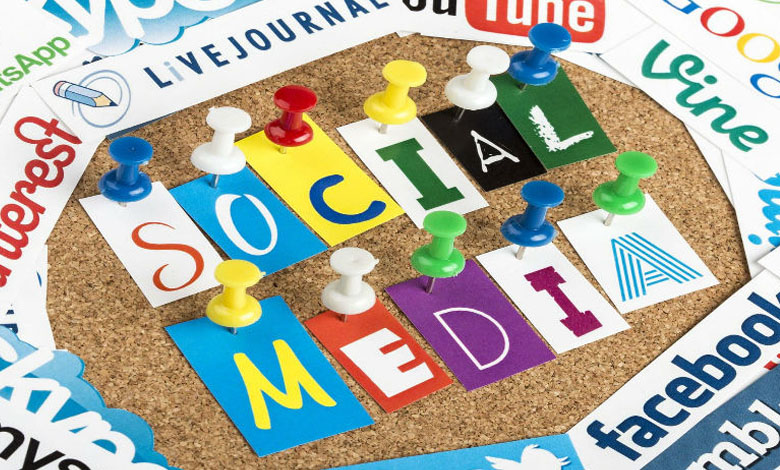The growing impact of social media on political elections: a new democratic era

Social media has radically changed the way we communicate, inform ourselves and engage in the public sphere. In recent years, these online platforms have also played an increasingly crucial role in political elections, redefining dynamics and campaign strategies. The growing influence of social networks in the political landscape has sparked heated debates about their impact on the democratic process.
Social media give politicians direct access to millions of potential voters, enabling them to spread their messages, promote their ideas, and mobilize support quickly. Election campaigns have evolved to embed these online platforms as a key tool to reach voters, especially younger generations who are often the most active users of social media.
These platforms offer an instant, interactive means of communication, allowing politicians to engage directly with voters, address their concerns, and generate dialog in real time. Publications, live videos, short stories and online discussions are all tools used to create a personal connection and build a relationship of trust with voters.
Social media have also enabled broader and inclusive political participation. They provide a platform for social movements, interest groups, and engaged citizens to express themselves, share ideas, and mobilize support for specific causes. Hashtags and viral campaigns can quickly attract national and international attention, giving voice to minorities and concerns often overlooked by mainstream media.
However, the impact of social media on political elections is not limited to the positive aspects. Platforms are also the scene of misinformation, manipulation, and the spread of fake news. Filter bubbles and personalized-recommendation algorithms have contributed to political polarization by exposing users to information that confirms their existing beliefs, while dissenting opinions are often ignored.
Moreover, online campaigns can be vulnerable to manipulation by malign actors, from foreign governments seeking to influence elections to interest groups seeking to advance their own agendas. Fake accounts, automated bots, and sophisticated targeting strategies can distort public debate and alter voters’ views.
Faced with these challenges, many countries have begun to legislate to regulate political activities on social media. In addition, social networks provide a platform for civic participation and political engagement. Social movements and grassroots initiatives resonate on online platforms, allowing marginalized voices to be heard and mobilizing entire communities to champion important causes.












